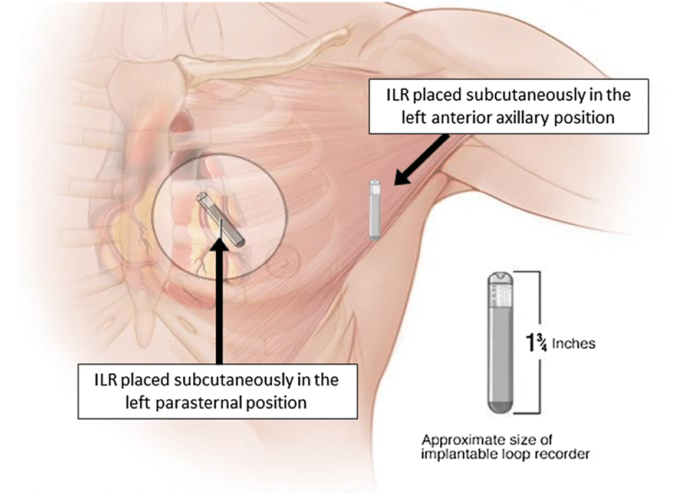The loop recorder and Holter monitor are vital for tracking heartbeats and shaping care. A Holter monitor as a wearable heart tracker. It's a small device that you clip to your belt or sling over your shoulder. You wear it for a day or so to record your heart's electric signals. Sticky patches, called electrodes, stick to your chest and connect to the monitor. This setup lets you move freely while it logs your heart data.
Imagine you're diving into the world of cardiac technology or scheduled for an implantable loop recorder placement in Chennai. Knowing about these procedures is critical to creating the right care plan for you.
Purpose and Functionality of Holter Monitors Explained
You might know about different heart health tools. Holter monitors are one such device. They're essential for finding and managing heart issues. Here's what Holters do:
- Spot abnormal heart rhythms.
- Check how your heart rate changes.
- See if heart medications are working.
- Link symptoms to heart activity.
- Make sure your heart gets enough oxygen.
Getting this, you see why Holters matter in patient care.
Step-by-Step Guide to Using a Holter Monitor
Ready to wear a Holter? Here's how to get good data:
- Stick the patches on your chest.
- Keep the device dry. Avoid baths or swims.
- Stay away from strong electrical fields.
- Skip X-rays during the test.
- Write down any odd feelings and what you were doing then.
By following these steps, you'll get better at using Holters. This will help with accurate heart care plans.
In Chennai, expert heart docs can guide you on using Holters. They also know about long-term trackers like loop recorders.
Exploring Loop Recorders: Function and Implantation
Loop recorders are tiny gadgets that go under your skin. They're different from Holters because they watch your heart for a much longer time—up to three years. They're great for catching rare heart hiccups. After you get one, you need to keep the area clean. Loop recorders send data straight away, which helps doctors act fast.
Loop recorders shine in long-term tracking. They give a complete view of your heart's health over time.
Loop Recorder Implantation and Extended Monitoring Insights
Getting a loop recorder is a quick, low-key surgery. You need local anaesthesia for the procedure, after which you should keep the spot clean and let it heal.
Loop recorders are all about the long game. They catch heart data that short-term tools might miss. They're good at spotting rare, tricky heart rhythms. Plus, they send updates right away to your doctor.
Loop recorders give you a detailed, ongoing heart record. Doctors consider these benefits when picking a tracker for patients with rare symptoms.
Holter Monitors vs. Loop Recorders: A Detailed Comparison
Picking the right tool to spot and manage heart issues is critical. Holters and loop recorders both log heart rhythm data. But they do it in different ways and for various time spans. This matters when you're making care choices.
Here's how Holters and loop recorders stack up:
- Holters use chest patches to get data for a day or two. Loop recorders go under the skin and keep track for years.
- Holters are for a quick look, while loop recorders watch over the long haul.
- Holters are best for when symptoms pop up often and soon. Loop recorders are for less frequent symptoms that need watching over time.
These differences guide you in picking the suitable device. This choice can really affect heart care results.
Choosing Between Holter Monitors and Loop Recorders
Making the call between a Holter and a loop recorder? Think about how often the patient has symptoms and if they're okay with the device. Holters are suitable for short-term symptoms. Loop recorders are for rarer symptoms that need long-term watching. Consider if the patient is up for a minor surgery for the loop recorder. Also, think about if they can handle wearing a Holter. Pick the tool that best fits the patient's heart care needs.
Concluding Thoughts on Cardiac Monitoring Choices
Picking between Holters and loop recorders is about each person's heart issues. Look at how often and what kind of heart events happen. Also, think about the patient's daily life and comfort. You're aiming for the best patient results and ease.
To get a handle on your heart health, consult your interventional cardiologist in Chennai. Do not delay your cardiac consultations. Prioritise your heart to keep it strong and healthy.

